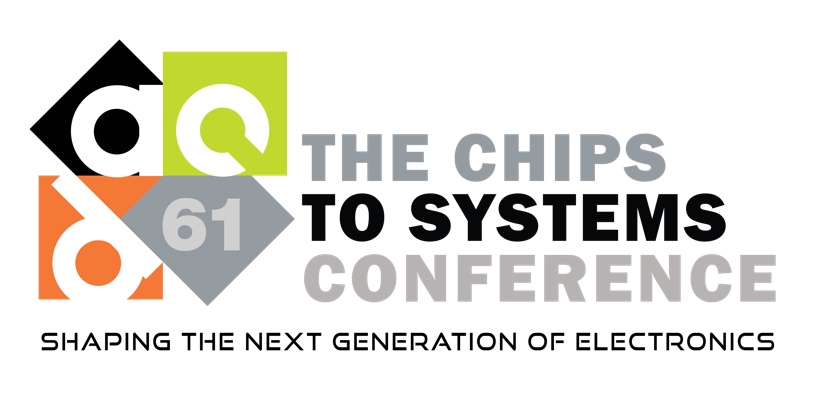Presentation
Revolutionizing Edge Autonomy with Cognitive Multispectral Sensing
DescriptionThis special session presents the overview of ongoing research in SRC/DARPA-funded JUMP2.0 center "CogniSense." The safe and efficient operation of autonomous systems relies on clear, unobstructed perception. Traditional sensing methods, particularly those using high-dimensional sensors like LiDAR and RADR, generate vast amounts of data, leading to what is known as an "analog data deluge." This results in excessive data transmission and computational demands, affecting the decision-making capabilities at the edge such as in Internet-of-Things and Internet-of-Bodies. We discuss a novel Cognitive Multispectral Sensing paradigm to address this key challenge. Cognitive Sensing involves dynamic adjustments in sensing mode (such as sensing spectrum from RADAR, LiDAR to Visual), precision (such as signal-to-noise ratio, downstream processing quantization), and focus (such as through multispectral beamforming) to minimize resource usage while maintaining high predictive accuracy. This new sensing paradigm represents a generalization of attention mechanisms, emulating how different parts of input data are weighted and selectively processed to extract relevant information and ensure that less important inputs are ignored. Early efforts in this direction include recurrent attention models that extract only portions of the input domain, similar to human visual attention. Recent advancements have expanded this concept, introducing novel approaches like reinforcement learning-based sensing policy, adaptive masking, and precision-adjusted sensing.
Key aspects of this special session, moderated by SRC with a mix of industry and academic perspectives, include:
(a) Developing new sensing frameworks that allow dynamic adjustment of sensing mode, spectrum, and focus.
(b) Creating machine learning algorithms for dynamic resource allocation in sensing, optimizing resource usage while ensuring high accuracy.
(c) Discussing applications in platforms such as Internet-of-Bodies for seamless human-machine cooperation and real-time AI.
The session aims to consolidate this emerging trend, bridging the gap between sensing and information processing in a context-adaptive and dynamic framework.
Key aspects of this special session, moderated by SRC with a mix of industry and academic perspectives, include:
(a) Developing new sensing frameworks that allow dynamic adjustment of sensing mode, spectrum, and focus.
(b) Creating machine learning algorithms for dynamic resource allocation in sensing, optimizing resource usage while ensuring high accuracy.
(c) Discussing applications in platforms such as Internet-of-Bodies for seamless human-machine cooperation and real-time AI.
The session aims to consolidate this emerging trend, bridging the gap between sensing and information processing in a context-adaptive and dynamic framework.
Event Type
Special Session (Research)
TimeWednesday, June 2610:30am - 12:30pm PDT
Location3006, 3rd Floor
Design


